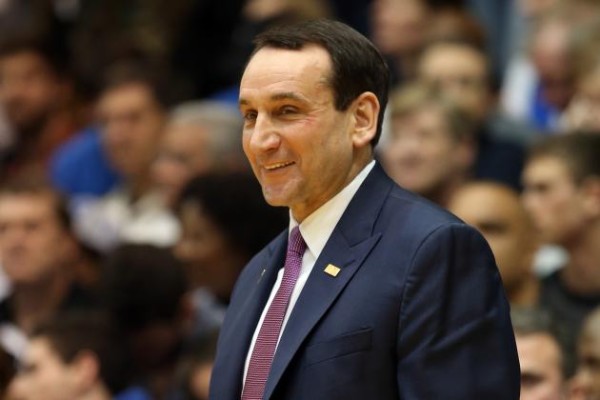Digging Deeper Into ESPN’s Future Power Rankings
Posted by Bennet Hayes (@hoopstraveler) on September 16th, 2014The 2014-15 college basketball season may be creeping ever closer, but the folks over at ESPN are already thinking well beyond Indianapolis and the 2015 Final Four. Last week, ESPN’s group of college basketball insiders released their take on what Top 25 polls could look like over the next three seasons in a column entitled “Future Power Rankings.” The panel evaluated and rated programs on a 1-10 scale in five different categories — Coaching, Current Talent, Recruiting, Program Power, and Stability — then pooled the results to extract a singular score (out of 100) for each program. Coaching, Current Talent and Recruiting each counted for 25% of that final tally, while Program Power made up another 15%. Stability counted for just 10%.
Rankings and lists may seem particularly interesting on the slog through these college basketball-less months, but the exercise in responding is the same now as it will be in January, February and March: We will always have our gripes. Highlighted below are a few of the more controversial decisions — some method-based, others result-oriented — that ESPN’s committee of experts produced.

Coach K Should Have Plenty Of Reason To Keep Smiling, As His Program Graded Out On Top In ESPN’s Future Power Rankings
- Redundancy Within Formula: In many ways, this list would have wound up more accurate, honest and interesting if the esteemed panel hadn’t been forced to break down each program into five components. The gimmicky, algorithmic path that they followed may offer more individual points of discussion (Is John Thompson III really that bad a coach? Is the power of Xavier’s program ACTUALLY significantly stronger than Villanova?) , but there’s significant overlap across many of the categories. The delineation between coaching and recruiting is often a difficult one — as Mike Francesa and John Calipari recently discussed — and stability also strongly correlates with a successful, entrenched head coach. In fact, save for Kentucky, every team in the top 10 of the rankings had a stability score that measured within four points of their coaching score (UK received a 98 for coaching and an 88 for stability). Looking elsewhere, recruiting and program power are another pair of categories with predictable overlap, as growth in either category inevitably fuels the other.









































